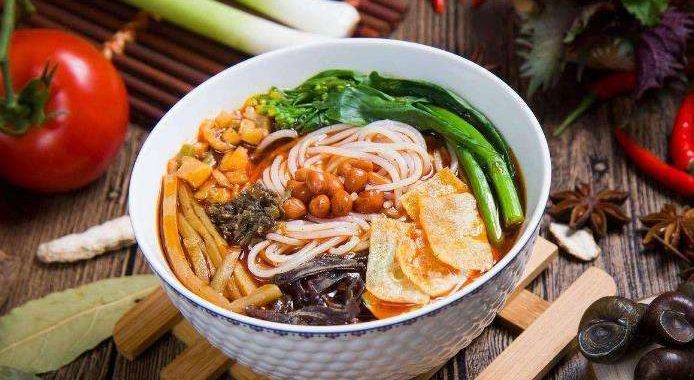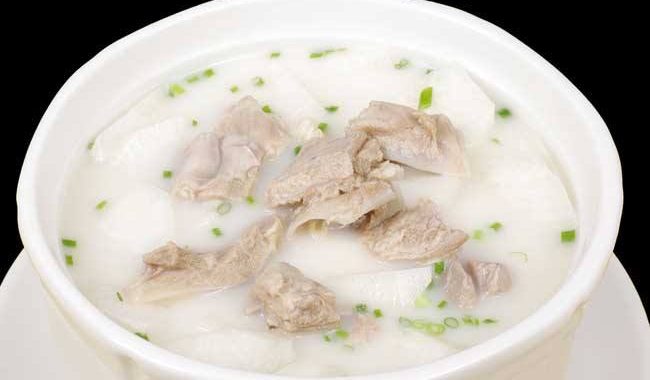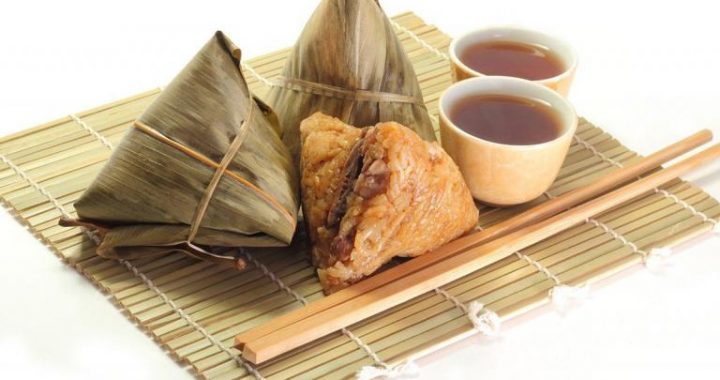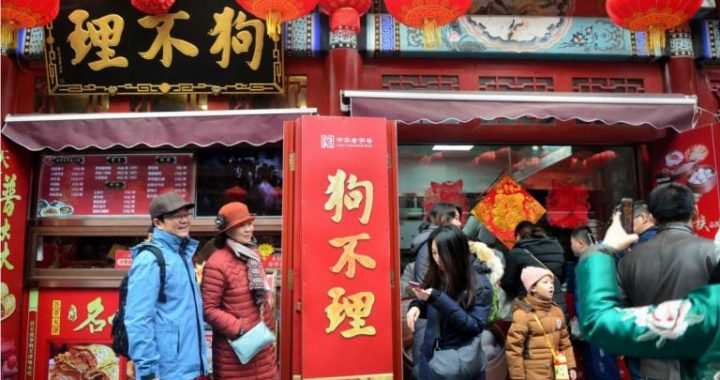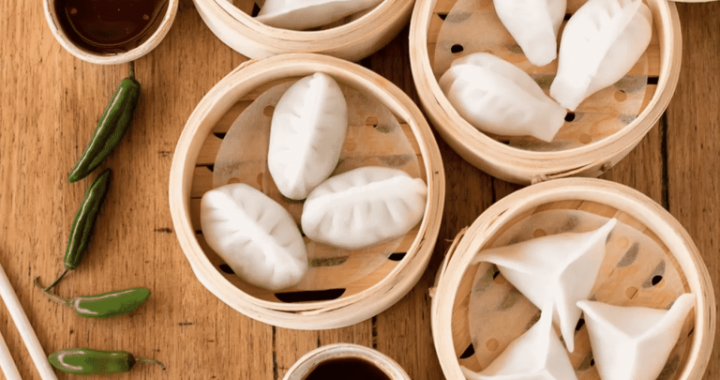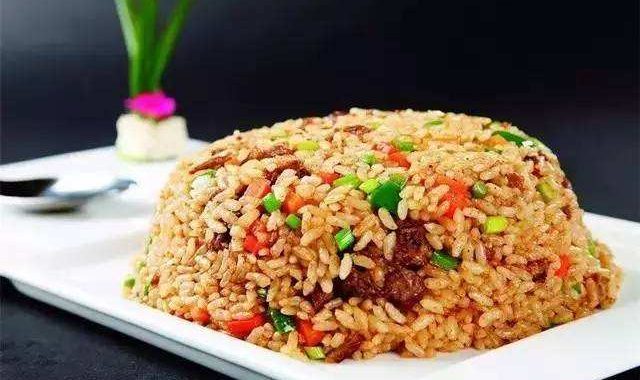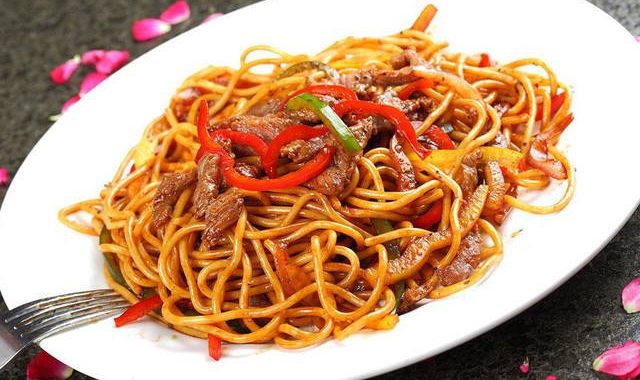The Real Lives of the Chinese People
5 min readTwenty years ago, foreign tourists from other countries learned about China through such wonders as “The Great Wall,””The Forbidden City”and”pandas.”Since then, the keywords about China have reached such a high number that they can no longer be measured in digits.
The present tourism environment, which is open to the outside world, and the Internet has continually helped to present a more real China than it used to be reported in the mass media.
Though characterized by the magnitude of time, China, like anold friend, will surely evoke a warm response. Learning about China does not mean simply looking up to the big and great country as she is presented; what’s more important is feeling the charms she infuses in the real lives of the Chinese people.

Only through close contact in their actual lives can a realistic understanding of China and her people be gained.
As China is a big, traditional, agricultural country, grain has always been sacrosanct. The Chinese people not only value food greatly from the bottom of their hearts, they are familiar with the how’s and why’s of food as well as its appeal.
Various wonderful methods of cooking and the commonly used seasonings together lead to the five tastes of sour, sweet, bitter, pungent and salty and result in the singular sight of Oriental food, which comprises color, fragrance, taste, meaning, form and nutrition. Delicious food embraces not only a revelry of tastes, but is also the most extensive and profound folk culture that isrooted in the lives of average people, just as the magical appeal of roast duck lies not only in the dish, but also in the process of its being precisely sliced, just as the deliciousness of the chafing dish lies not only on the tips of our tongues, but also in all the tempting aromas wafting from a chafing dish. Celebrations on festive occasions are also underscored with food. From Spring Festival(Chinese New Year) to the Laba Festival(the eighth dayof the twelfth lunar month), all festival-related food, ranging from jiaoxi, New Year Cakes to sticky rice dumplings and zongzi, makes the traditional Chinese festivals more lively and interesting. Chinese food culture is extensive and profound.
From light breakfasts along the streets to the hundreds of local dishes, including an array of dishes of the Manchu and Han nationalities, regardless of the complexity or simplicity of the processes through which they are made, they all contribute to the enrichment of the lives of the Chinese.
The Chinese discovered and manufactured tea, and tea instills the tranquil and refined temperament into the Chinese nation. Tea plucking, tea manufacturing and tea drinking form the essence of traditional Chinese culture. Tea set, tea etiquette and tea ceremony brilliantly reflect the Chinese aesthetics of life. Sitting in a courtyard and drinking a bowl of jasmine tea inspring will offer the heart a pleasurable trip around the ancient capital of Beijing. If you happen to be in a teahouse in south China in summer, whether it’s noisy or quiet,a cup of mild, pure Kung Fu Oolong Tea will refresh and comfort you as it slides down your throat. In autumn, how pleasant to taste strong, mellow, traditional pu’ er tea while travelling along ancient roads!

In winter, when a group of good friends gather around a stove in a Mongolian yurt, drinking mare’s milk and brick tea, they willbe transported, body and soul, with its salty aroma and warmth.
The spirit of tea drinking, which bolsters nature and is free and unconstrained, has continued throughout the ages and still has a great effect on the Chinese people.
If the consensus is that”people regard food as their primary requirement,”wine can be thought of as the timely rains bestowed by the heavens. Deeply immersed in the fragrance of wine, the Chinese nation has followed the wine-brewing concept that”wine is the crystallization of grains”for over 1,000 years. Wine culture traces its history back to ancient times. In ancient China, wine was closely associated with religion, politics and military affairs. In addition, wine played an even more significant role in the cultural lives of people. Learned men of all ages forged an unbreakable connection with wine. Shaoxing wine, which tastes mild and mellow, has till now been exclusive to China. Moutai wine, the national wine of China and also one of the three major distilled wines in the world, has long been regarded as China’s heavily fragrant calling card. For the Chinese people, drinking wine is a crucial way of life. More important, it is also a way of entertaining and socializing. Vintage wine and the protocol, good habits and customs in wine drinking comprise the Chinese wine culture, which conveys warm, genuine feelings while simultaneously revealing the Chinese mindset that a feast is incomplete without wine, is not proper without wine and is not considered a celebration without wine.
Leisure-time entertainment of the Chinese people is also multifold. Today, you may go to Liulichang of Beijing to search for ancient classics, works of calligraphy, paintings and seals. You may also choose a random street corner and join any one of the groups of elderly chess players. Various traditional Chinese operas are staged in opera houses, while folk artists tell storiesor sing ballads about the lives of average people on the fairs on street corners. The relaxed ambiance deserves being savoredand considered. The Chinese firmly uphold the belief of the perfect unity of heaven, people and qi, and this in turn results in the principles of maintaining good health-that people shouldbehave in accordance with the laws of nature. To achieve goodhealth and sound mind by following the will of heaven is the Chinese people’s philosophy of life, as is taking care of one’s self in order to enjoy the course of one’s natural life.
Now, Chinese food is ready to challenge your bold appetite.
Top-quality tea and mellow wine will take you to the Orient of which you have been dreaming. The games of intelligence, which have been the gratification of several thousand years, will arouse you from your deep sleep. And the Chinese way of keeping fit will unfold its philosophy so that you may take good care of your health. Here, we’ ve included all these aspects of the lives of the Chinese people and hope you can enjoy them to the fullest.

